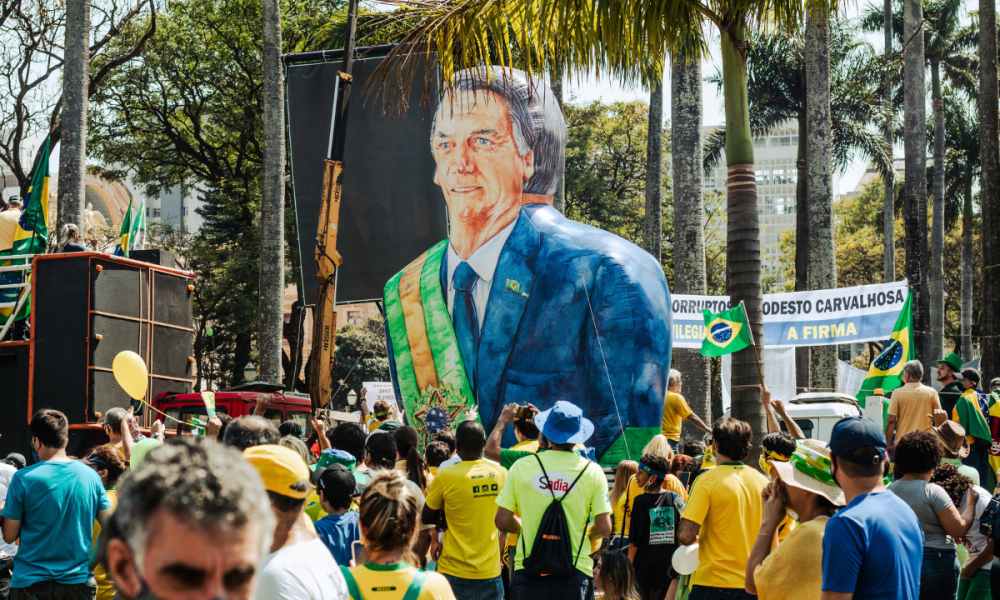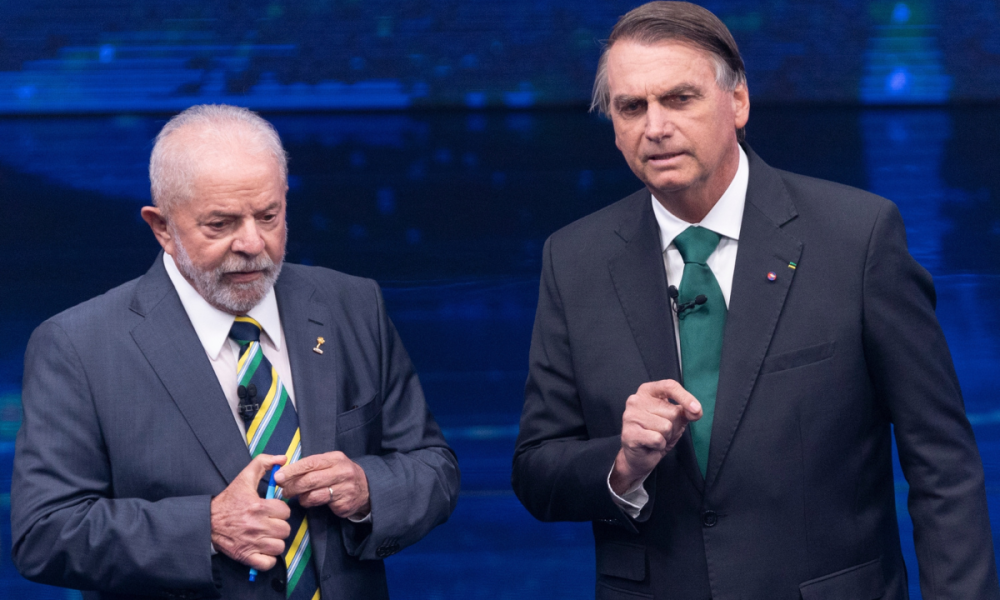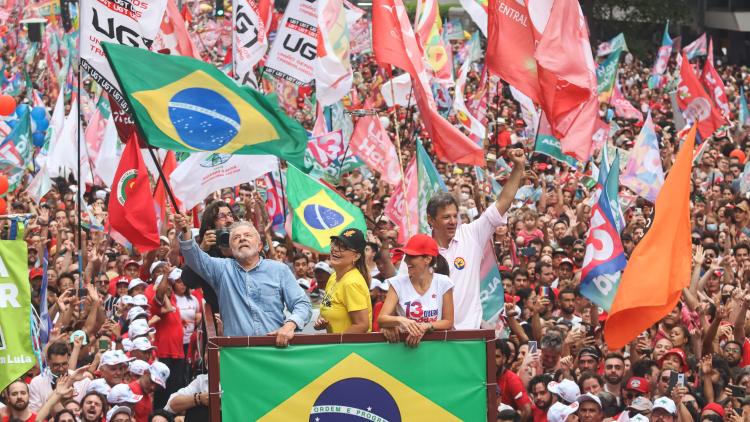Brazilian elections: Lula’s victory is a relief but Bolsonarismo is alive


Luís Inacio Lula da Silva was elected Brazil's president in the tightest presidential election since the country's current democratic constitution was approved in 1988. Only 2 million votes (of a total of almost 125 million) separated Lula and the incumbent president, the far-right politician Jair Bolsonaro. Lula's election for a third term (he was president from 2003 to 2010) represents a significant victory for Brazil's democracy and is a reason for celebration. During Bolsonaro's four years as president, he gave numerous signs that he does not believe in democratic rule and would not hesitate to stage a coup d'etat if he thought he had enough support in the armed forces and the Brazilian elite. The constant clashes with the legislative and judiciary branches, the attacks on the media, and the appointment of military officers to key positions in his cabinet testify to his anti-democratic aspirations.
Bolsonaro took office in 2018, promising to fight corruption and carry out a radical programme of neoliberal policies that included privatising state companies, opening up the Amazon to private capital, and passing austerity reforms to reduce public spending. Although the spread of the pandemic across Brazil, and the political crisis that followed it, prevented him from delivering part of his campaign promises, his legacy will profoundly impact the country and will be felt for several years. Bolsonaro's handling of the pandemic amounted to a mixture of incompetence, lack of empathy for those infected by the virus, disdain for science, and political opportunism. Under his (indifferent) watch, almost 700,000 Brazilians lost their lives to COVID. Bolsonaro underplayed the virus, calling it a "little flu," ignored the calls to put in place lockdown measures, and delayed the purchase of vaccines. Also, the deforestation of the Amazon reached unsustainable levels during his presidency, primarily due to his underfunding of governmental agencies that monitor illegal activity in the forest, his public statements supporting mining and logging, and his close relation with the agribusiness sector.
Bolsonaro built an ultra-conservative alliance with the agribusiness sector, the evangelical church, and the so-called new Brazilian right during the 2022 presidential campaign. Although Lula's victory represents a blow to Bolsonaro's authoritarian project, allowing millions of Brazilians to breathe a sigh of relief, Bolsonarismo is far from dead. The former army captain received tremendous support from almost half of the Brazilians who voted on October 30th. Bolsonaro also elected several governors and hundreds of MPs to both chambers of the Brazilian congress. Lula will face many challenges in building the majority he needs to pass meaningful, transformative legislation in the next four years. His political coalition elected approximately 144 MPs for the lower house, whereas Bolsonaro's alliance elected more than 190. Political analysts estimate that 175 MPs are "independent" from both major blocs, although they belong primarily to right-wing parties.
Nevertheless, if Lula and his allies have the political ability to negotiate with them, they can be persuaded to ally with the government and form a majority in the lower house. The scenario in the senate looks even grimmer. Unfortunately, the Brazilian far-right will not dissipate once Bolsonaro leaves office in January. Bolsonarismo will probably replace the traditional right, linked to the industrial class of São Paulo, as Brazil's new mainstream conservative movement. Even if Bolsonaro retires from public life, Bolsonarismo has secured a place as one of the country's leading political forces.
Lula is inheriting a country in a deep economic and social crisis. Although the economy has been slowly recovering from the COVID recession (it will grow around 2,7% in 2022), Brazil has not seen such high levels of unemployment, informality, and food insecurity in its recent history. More than 30 million Brazilians live in food insecurity, not being able to have three meals a day. This is happening even though the country is one of the world's top food producers and exporters. More than 40 million Brazilians, almost half of the total employed population of the country (100 million), have informal jobs, which means that they don't have a fixed income or access to most social benefits. Inequality has also been growing. The poorest 50% own less than 1% of the country's wealth, and the income of the richest 10% is almost 29 times higher than that of the poorest 50%. These numbers indicate that the largest Latin American country is heading towards a social explosion that may have dramatic consequences.
It is unclear whether Lula will be able to address these structural problems. Most probably, not. To defeat Bolsonaro, the former union leader built a broad political alliance stretching from sectors of the far left to the traditional centre right. Lula's vice-president, the conservative politician Geraldo Alckmin, was one of Lula's greatest adversaries until very recently. Alckmin is one of the most important representatives of São Paulo's industrial elite, a social class that is in a steady decline in light of the consolidation of Brazil's new economic model based on the export of food, minerals, and other raw materials. Lula received the support of some of the most important names of the country's business, industrial, and financial elites, and they are already demanding that the new president give clear indications that he will not seek to implement radical social reforms. The critical question now is how Lula will navigate this rather complex scenario and whether the social movements will have the strength to push their agenda forward on the new government and congress.
About the author
Gabriel Huland is a Teaching Fellow at the Department of Politics and International Studies at SOAS, University of London. His research looks at the coverage of the Syrian conflict in three American newspapers - the NYT, the WP, and the WSJ. His research interests include migration, international politics, labour movements, news framing, and media policy. Find out more.




